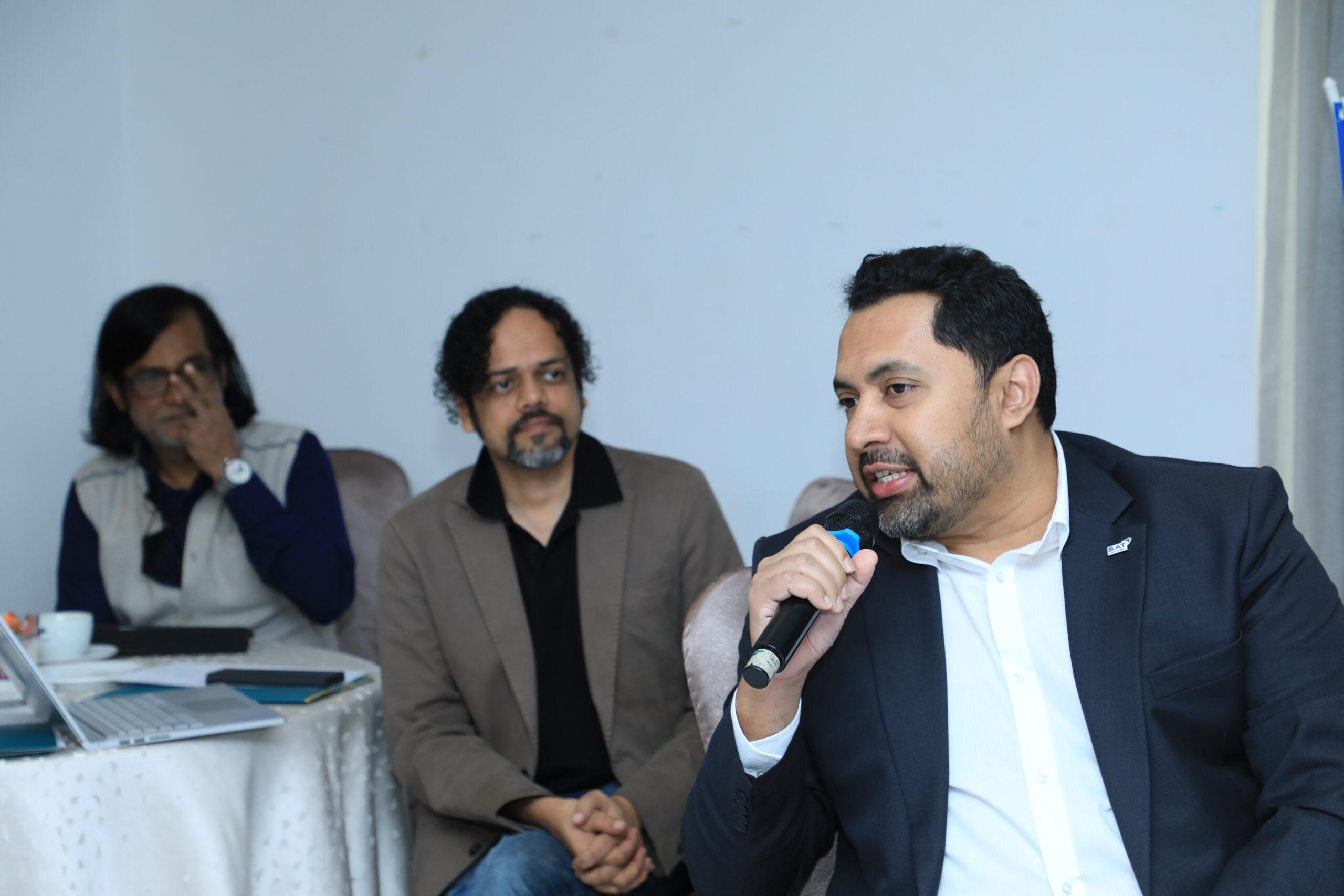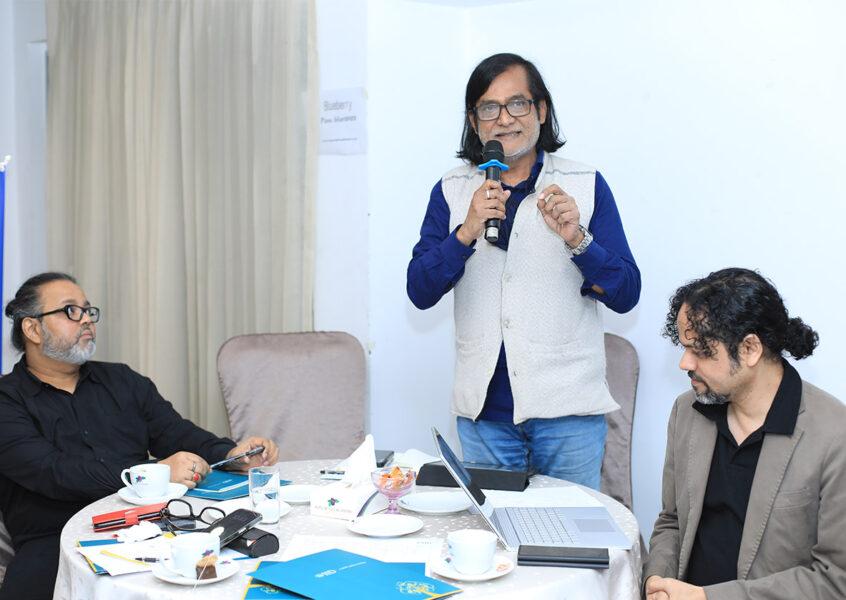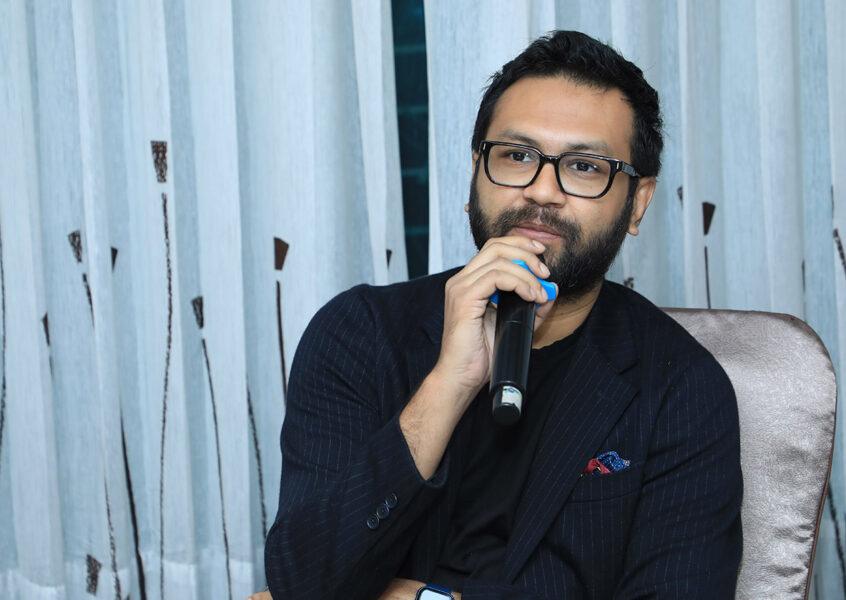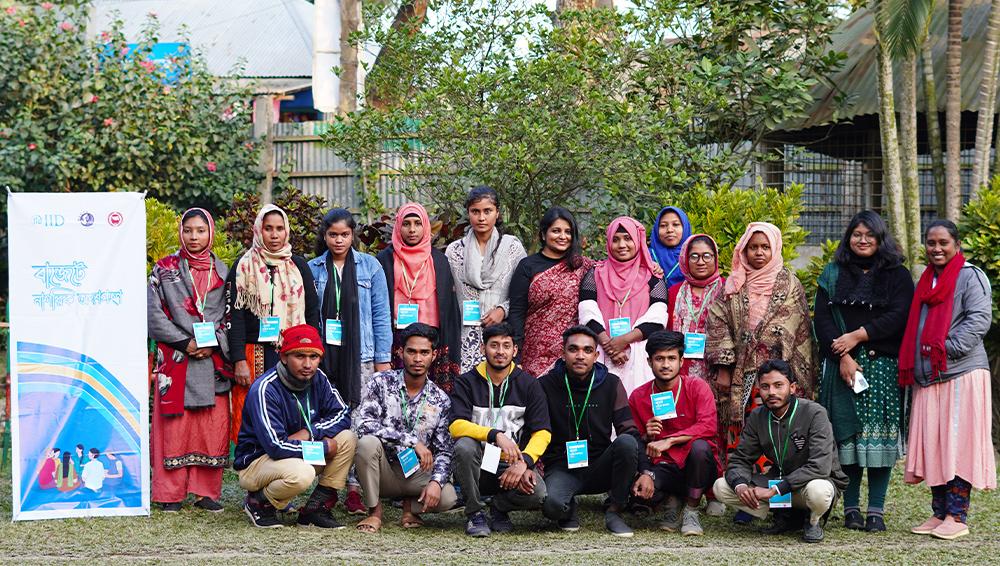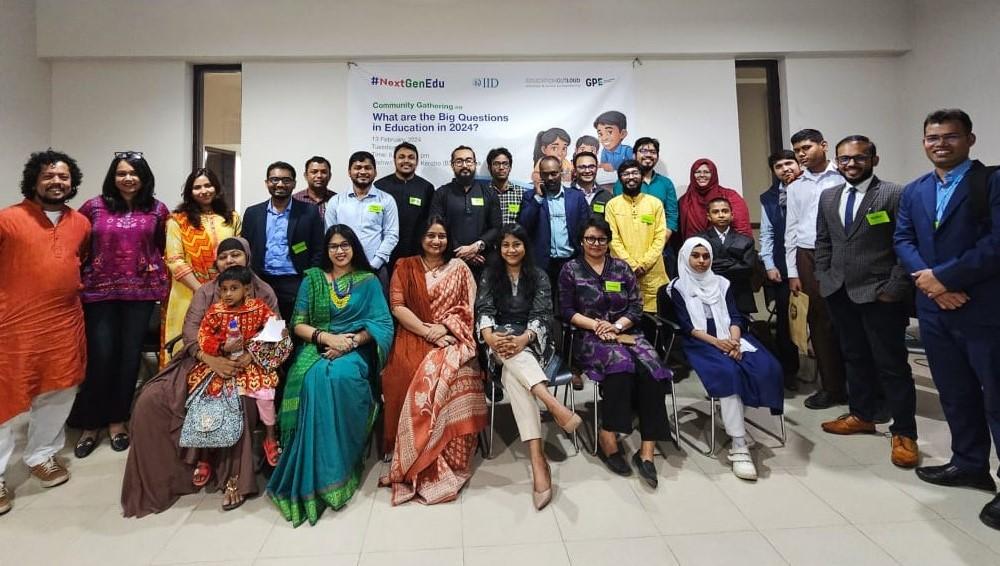Amidst discussions on AI governance at a recent meeting organized by the Institute of Informatics and Development (IID) in Dhaka, experts raised concerns regarding the ICT acts’ inadequacy in safeguarding citizens’ privacy and rights. Highlighting loopholes in laws like the ICT Act, Digital Security Act, and Cyber Security Act, they emphasized the urgent need for legislative reform to address surveillance threats. Stressing collaboration, investment, and capacity building, experts called for a balanced approach to ensure national security without compromising individual freedoms. The meeting underscored the importance of transparency and ethical considerations in shaping future policies and regulations to effectively govern AI technologies.
Dinah van der Geest, Digital Programme Operations Manager at Article 19 UK, commenced the proceedings by sharing insightful case studies on China and Myanmar, shedding light on the human rights implications of emerging AI technologies. Highlighting the importance of regulation in navigating the ethical complexities of AI, Dinah mentioned “We need to consider how data will be used or abused, who will have a vested interest in the data, where the data will come from, and who is likely to be hurt most.”
During his address, Sheikh Manjur-E-Alam, Regional Director at Article 19, expressed concerns about the evolution of legislation in Bangladesh, noting that laws such as the ICT Act, Digital Security Act, and Cyber Security Act draw inspiration from colonial Penal Code and perpetuate a surveillance mindset. He highlighted apprehensions regarding increased surveillance and monitoring under these laws and emphasized the importance of incorporating human rights perspectives into discussions surrounding legal frameworks and policy developments.
Fahim Mashroor, Founder of BDJobs, emphasized the gap between policy rhetoric and actionable laws, stressing the critical role of legislation in governing technology. He highlighted the dominance of tech giants in controlling data and privacy, underscoring the need for local solutions to address these challenges. Mashroor also raised concerns about government surveillance and called for citizens to have ownership rights over their data to ensure privacy and protection.
Afzal Hossain Sarwar, Head of Future of Education at A2i, emphasized the importance of a human-centric, ethical, and responsible approach to AI implementation, particularly in enhancing public service delivery. He underscored the government’s commitment to addressing surveillance concerns to ensure the success of Smart Bangladesh 2041. Sarwar highlighted ongoing efforts to build capacity in AI through public-private partnerships and emphasized the government’s inclusive approach to policymaking, seeking input from academic institutions, the private sector, civil society organizations, and other stakeholders.
Farig Sadeque, Assistant Professor at Brac University, stressed the need for a policy framework that aligns with Bangladesh’s capacity in AI implementation. He emphasized the importance of prioritizing capacity-building initiatives before governance measures, highlighting the critical role of both people and technology in this process. Sadeque specifically mentioned the necessity to develop hardware and intellectual capacity to effectively harness AI technology for societal advancement.
Mahjabeen Khaled, Former Member of Parliament and Secretary General of the Parliamentary Caucus on Justice, called for greater transparency in the law-making process, emphasizing the need for greater inclusivity and information sharing among lawmakers. She emphasized the importance of ensuring digital justice in AI governance as a priority, advocating for a more transparent and inclusive approach to policymaking in this domain.
Proma Ishrat, Project Specialist at Blast, emphasized the importance of enhancing technological capacity among law enforcement agencies and human rights activists. Ishrat also pointed out the need to update outdated definitions of crime and criminal behavior to align with modern-day challenges and inform policy and regulations effectively.
Sarzil Sarwar, Area Head of IDT at BAT Bangladesh, emphasized the urgency of collaboration with global partners to stay ahead of the rapid advancements in AI technology. He highlighted the potential for AI to achieve sentience by 2027 and stressed the need for agility in adapting to these changes. Sarwar proposed leveraging AI advancements to expedite the progress towards achieving the goals of Smart Bangladesh, potentially shortening the timeline by 10 years.
Fokhruz Zaman, e-governance specialist and Co-Founder of MISL, stressed the importance of investing in academia to drive innovation and development in AI governance. He highlighted the need for policy implementation and emphasized the significance of research and development in fostering transparency and progress. Zaman advocated for investments in various sectors such as disaster management, precision agriculture, public health, and education to harness the full potential of AI technologies. Top of Form
Fahad Ifaz, Cofounder & CEO of iFarmer, emphasized the risks of Biasness, that emanated from not only the biasness of AI Developer, but also the biasness of data, interpretation, and also indication. AI made decisions, makes a potential threats, as many times the users don’t’ know the behind factors, and believe in the decisions by AI.
Al Mamun Rakib, policy champion of YfP, emphasized, “Youths, being the largest group of users, often face the misuse of AI. Yet, their representation is consistently overlooked in policy discussions.”
Moderated by Syeed Ahamed, CEO of IID, the meeting delved into critical aspects of AI governance, including adapting global experiences, fostering innovation through policy, and ensuring inclusive collaboration across sectors. It emphasized a multi-stakeholder strategy, valuing transparency, accountability, and ethics in future policy frameworks. The dialogue was enriched by contributions from policymakers, youth, experts, and academics, featuring key insights from Tasneem Salma Islam, co-founder of Aurora Consulting and IntellectHR; Tazeen Murshid, director of DRC Global Development Research; Sharmeen Murshid, CEO of Brotee; and Mohammad Oli Ahad, founder of Intelligent Machines Limited, which deepened the discussion on AI governance.








